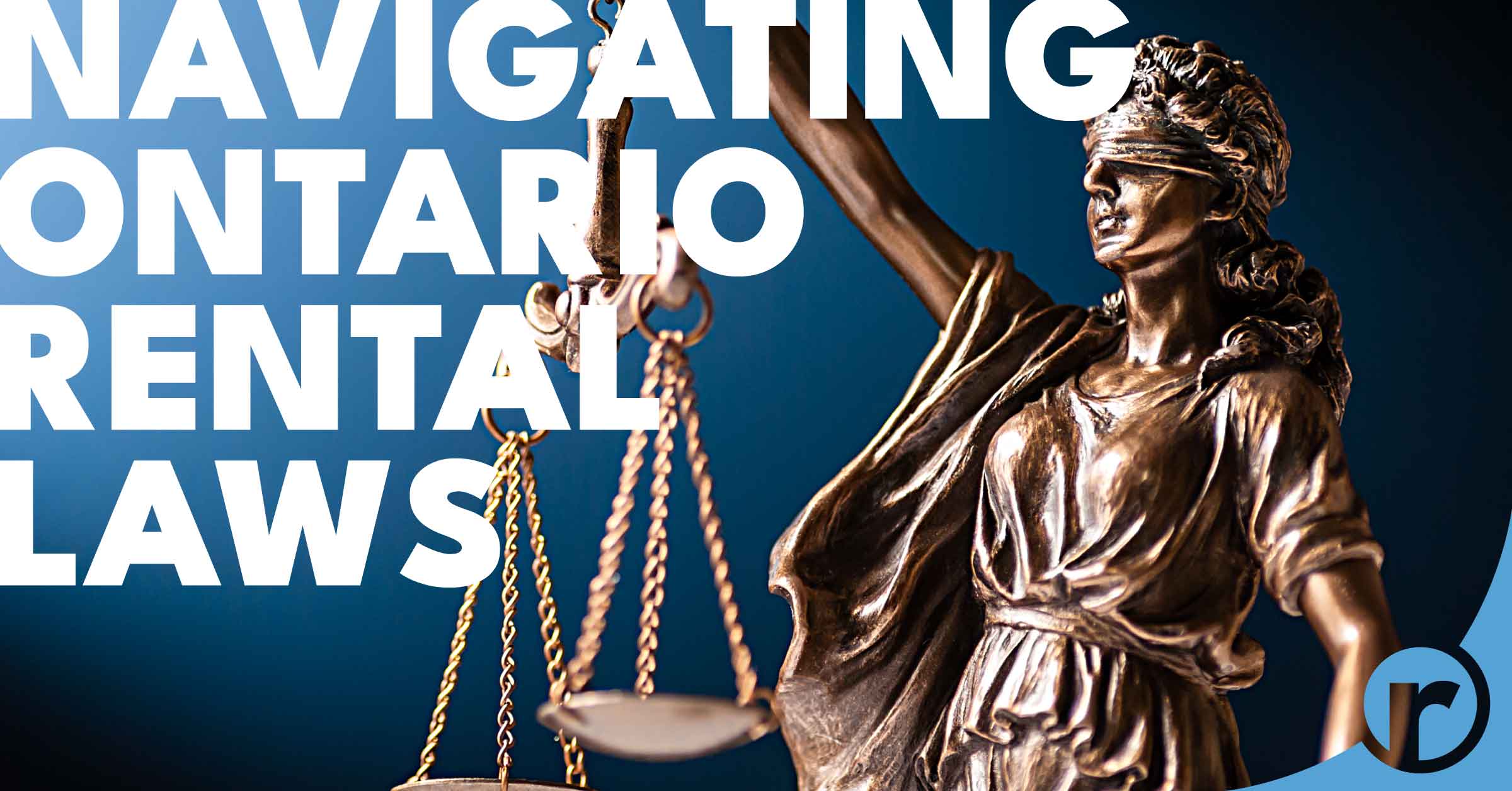Welcome to our guide on navigating Ontario’s rental laws. Whether you’re a seasoned landlord or a tenant, understanding the legal framework is crucial for a smooth and successful tenancy. In this blog post, we’ll break down the key aspects of Ontario’s rental laws, offering insights and clarity to both landlords and tenants.
Lease Agreements: Building a Strong Foundation
A solid lease agreement is the cornerstone of a successful landlord-tenant relationship. It not only outlines the terms of the tenancy but also sets expectations for both parties involved. In Ontario, a lease should cover essential details such as the duration of the lease, rental payment terms, and the responsibilities of both the landlord and the tenant.
Landlords should ensure that lease agreements comply with provincial laws, and tenants should carefully review the terms before signing. Understanding the lease creates a transparent environment, fostering a positive and cooperative living arrangement.
Eviction Procedures: Knowing Your Rights and Responsibilities
While eviction is an undesirable scenario, it’s crucial to be aware of the procedures in case it becomes necessary. Ontario has specific guidelines for eviction, and both landlords and tenants should familiarize themselves with these regulations.
For landlords, knowing the legal reasons for eviction, following proper notice periods, and adhering to the Residential Tenancies Act are essential steps. Tenants, on the other hand, have rights and protections during the eviction process. Understanding the process helps in resolving disputes and ensures fair treatment for all parties involved.
Navigating Ontario’s rental laws is a continuous learning process. This blog post has provided an overview of crucial aspects, but there’s much more to explore. Stay tuned for upcoming blogs where we’ll delve deeper into specific topics, empowering you with the knowledge needed for a successful and harmonious renting experience.












